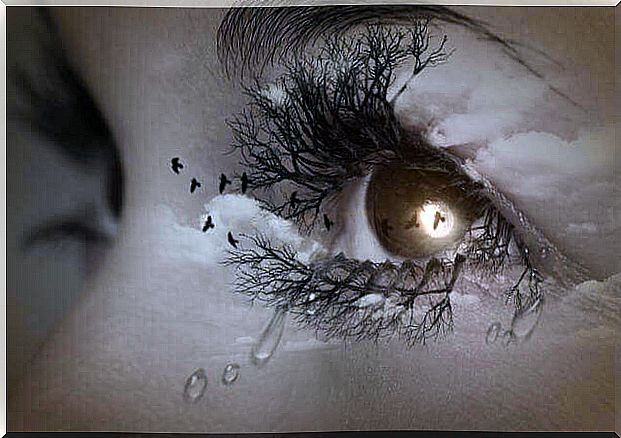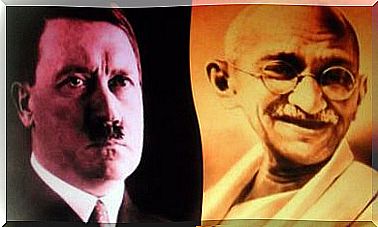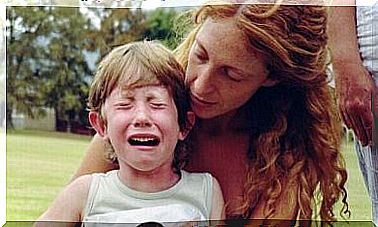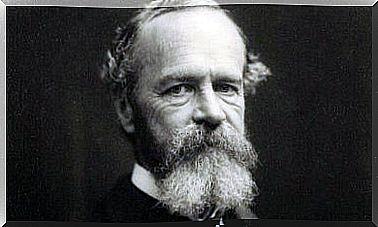The More Importance We Attach To Our Worry, The More It Will Invade Us

We have the ability to evoke lived situations through memories, words and places.
When we focus our mental attention on bad memories, on what does not turn out the way we would have hoped, on what hurts us, on what we cannot find a solution for, we give all these things the possibility. to hurt us, and this in a recurring and infinite way.
Today the worry can be seen as an epidemic. Around 60% of patients who see their family doctor complain of anxiety-related problems.
Certainly we have a lot of things to worry about, but perhaps we add to all of this a lot of illusions.
A study on this subject shows that 40% of the concerns expressed refer to events that will never happen, that for 30%, these are events that are often thought of, but which have already happened in the past. , and 22% are hinting at something that’s about to happen.
As the studies show us, the problem is that most of the worries you have are about things that will never happen or have already happened.
By thinking about our misfortunes, we cause an alteration in the state of our mind, thus causing a multitude of deformations which are risk factors for diseases such as anxiety or depression.
Negative situations have been, are and always will be there in our life; there will always be something that we don’t like.
The secret is to know how to confront this something, and to overcome it by having thoughts in accordance with our reality.
“Life is a shipwreck, but don’t forget to sing in the lifeboats.”
-Voltaire-
When we get stuck in the past
According to Antonio Jorge Larruy, one of the greatest obstacles facing today’s society in finding happiness is precisely that it seeks it in the wrong place.
For example, according to the Center for the Study and Epidemiology of Catastrophes, a Filipino village with a high poverty index and whose territory is most affected by natural disasters is the happiest in the world, ahead of multi-millionaire cities such as Monte Carlo.

Maybe the secret is to live day to day, without worrying about whether a cyclone has rocked or will shake our home and basing our existence on a large network of social and family support.
While the pressure of the consumer society, the lack of communication, the stress and the importance placed on the past and the future in interconnected societies prevent us from enjoying the present moment.
“Every time we think about our possibilities, we multiply them.”
-Thich Nhat Hanh- *
Educate our thoughts in the present
When our mind wanders into the past or the future, our brain remains numb and we activate the area of the right pre-frontal lobe where the emotions that hurt us are lodged.
Prestigious American universities, such as MIT or Harvard, have observed that focusing our thoughts on the present opens the channels of our left pre-frontal lobe, experiencing more positive emotions.

Thich Nhat Hanh, Zen master, peace activist and nominated for the Nobel Prize, maintains that living in the present moment is the only true path to find peace with oneself and with the world.
Much of the illnesses we suffer from are negatively influenced by our emotional suffering or mental chaos, which creates imaginary worlds far removed from the present, almost always destructive.
To educate automatic thoughts, it is necessary to observe what is happening in our mind without making judgments or clinging to our thoughts.
If one is completely anchored in the present, as Thich Nhat Hanh invites us to do, “one should not run after whims such as power, fame or other pleasures”.
“True love is understanding.”
-Thich Nhat Hanh-









